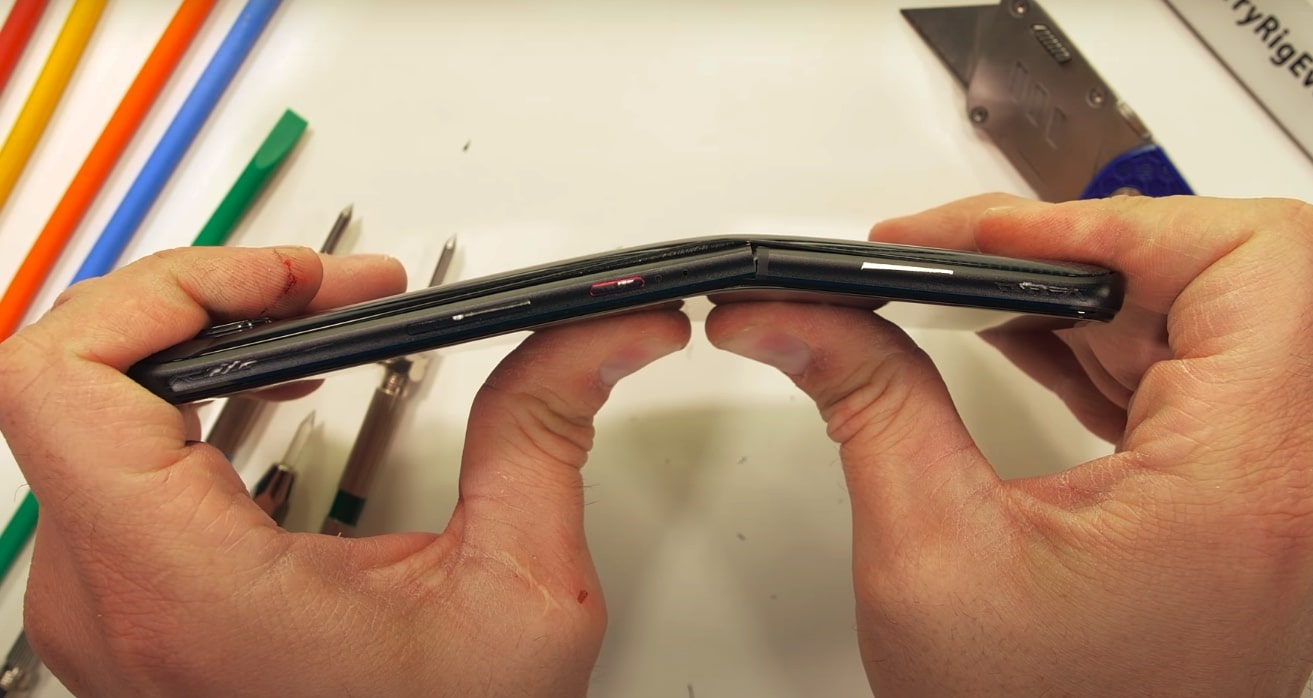Last week, ASUS teased the arrival of its new tablet, smartphone and laptop hybrid. Today, the device has gone official before the Computex event kicks off in Taiwan. Known as the Transformer Book V, this new notebook comes with a dual boot Windows + Android OS, with the ability to seamlessly switch between the two.
It will be interesting to see if the device will ever hit the markets considering the history of such hybrids. Late last year, we saw Samsung announce the Ativ Q tablet with similar credentials, only to disappear off the radar. The main reason? Google is said to be in strong opposition of such devices as they will increase Windows’ marketshare by leveraging the Android brand. Still, we do hope ASUS will manage to get this device onto the markets without much trouble.
The Transformer Book V comes with a 5 inch smartphone which docks onto 12.5 inch tablet / laptop. The exact display resolution hasn’t been provided by ASUS, but the product page mentions that both devices sport IPS HD panels.
Internally, the notebook part of the device is powered by an Intel Core CPU, while the smartphone is running on Intel’s quad core Moorefield chip. The keyboard dock has its own set of hardware with 4GB of RAM for notebook use and 128GB of storage as well. The smartphone and tablet part has 2GB of RAM and 64GB of storage, which should be plenty for a handheld device.
ASUS claims that the smartphone is running Android 4.4, while the tablet can be switched between Windows and Android whenever needed. This strikes a perfect balance for users looking to alternate between work and play. The tablet will need the smartphone to be docked when being used in Android mode, while Windows mode can be operational independently.
There’s no word on pricing at the moment, but don’t expect it to go easy on your wallets given the hardware on board. However, that is still assuming the device will be allowed to launch in the markets.
We’ve also previously heard of manufacturers looking to launch dual-boot Windows Phone and Android handsets, which is another concept we’re looking forward to seeing.
[ASUS via Android Police]




















